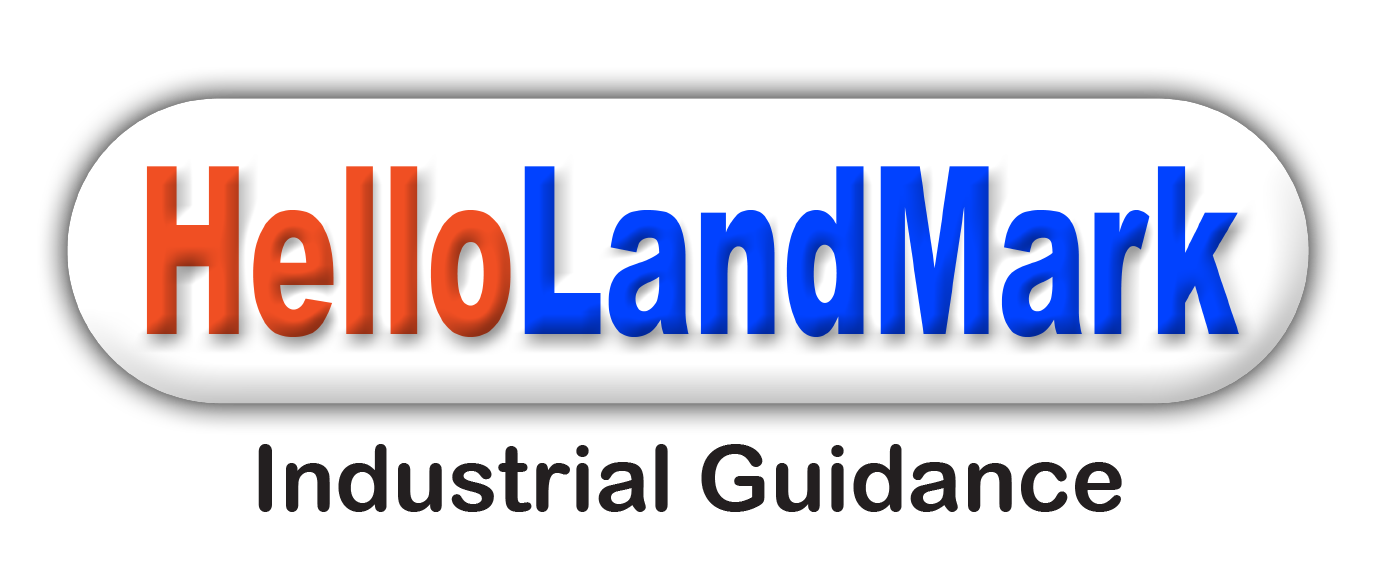Introduction
Pollution control standards for commercial properties are regulatory and operational benchmarks designed to minimize environmental degradation caused by various forms of pollution, including air, water, noise, and soil contamination. These standards are mandated by environmental laws, zoning codes, and building regulations, and are enforced at local, regional, and national levels. As commercial developments continue to expand in scale and intensity, pollution control becomes an essential component of sustainable property management. Adhering to these standards is not only a legal obligation but also a strategic responsibility, aligning business operations with environmental protection, public health, and community well-being.
Purpose and Scope of Pollution Control Standards
The primary purpose of pollution control standards is to prevent commercial properties from causing harm to the environment or human health during construction, operation, and maintenance activities. These standards are particularly important for commercial facilities that involve food services, manufacturing, logistics, retail distribution, vehicle services, or other activities that generate waste, emissions, or noise.
Pollution control encompasses a broad range of measures, including emissions limits, waste disposal protocols, stormwater management systems, noise barriers, energy efficiency regulations, and air quality controls. These standards are designed to address both routine operations and emergency situations, such as spills or equipment failures, which can lead to acute pollution episodes.
Air Quality Control Standards
Commercial properties must comply with air quality regulations that govern emissions of pollutants such as particulate matter, volatile organic compounds (VOCs), and greenhouse gases. Heating, ventilation, and air conditioning (HVAC) systems are required to meet energy efficiency and indoor air quality standards, while exhaust from kitchens, generators, or equipment must be treated using filters, scrubbers, or containment systems. Businesses involved in industrial activities must install monitoring equipment and apply for air permits specifying emission limits and reporting requirements.
Water and Wastewater Management
Effective pollution control requires commercial properties to manage water use and discharge responsibly. Stormwater runoff from roofs, parking lots, and driveways must be directed through detention ponds, infiltration trenches, or oil-water separators to prevent contamination of nearby waterways. Wastewater generated from food preparation, cleaning processes, or industrial operations must be treated before discharge or conveyed to municipal sewer systems in compliance with local discharge permits. Properties must also maintain backflow prevention systems and adhere to cross-connection control policies to protect drinking water supplies.
Solid and Hazardous Waste Standards
Commercial properties generate various types of solid waste, ranging from office waste and packaging materials to hazardous substances like cleaning chemicals, paints, oils, and batteries. Pollution control standards require these wastes to be sorted, stored, and disposed of according to established procedures. Non-hazardous waste must be managed through recycling and regular waste collection services, while hazardous waste must be labeled, documented, and disposed of by licensed facilities. Failure to comply with waste handling regulations can result in serious penalties and environmental harm.
Noise Pollution Control
Noise pollution is a key concern in commercial areas, particularly for properties located near residential zones, schools, or healthcare facilities. Regulations typically set limits on acceptable noise levels during daytime and nighttime hours, measured in decibels (dB). Commercial properties must implement noise reduction strategies such as acoustic insulation, soundproof barriers, equipment enclosures, and time-based operation controls to ensure compliance. Construction noise must also be managed with specific rules regarding permissible hours and noise-reducing machinery.
Land and Soil Protection
Soil contamination prevention is critical for commercial properties that store chemicals, fuel, or other potentially hazardous materials. Secondary containment systems, spill prevention plans, and routine inspections help prevent leaks or spills from affecting soil and groundwater. For properties undergoing redevelopment or those located on previously contaminated sites, compliance with soil remediation and land restoration requirements is mandatory under brownfield redevelopment programs and environmental clean-up standards.
Monitoring, Documentation, and Compliance Measures
Commercial property operators are required to maintain thorough records of pollution control measures, inspections, permits, and compliance certifications. Regulatory agencies may conduct routine audits or surprise inspections to verify adherence to applicable standards. Automated monitoring systems for air and water emissions, along with employee training and maintenance protocols, ensure ongoing compliance and early detection of potential violations.
Compliance with pollution control standards is also a prerequisite for obtaining operational licenses, environmental clearances, and construction permits. Non-compliance can result in fines, permit revocation, legal action, or reputational damage.
Conclusion
Pollution control standards for commercial properties are integral to responsible real estate development and operations. These standards not only protect the natural environment and human health but also safeguard business continuity and community relations. By incorporating robust pollution control strategies into the design, construction, and operation of commercial facilities, property owners and developers contribute to sustainable urban development, meet legal requirements, and enhance the long-term value of their assets. As regulatory expectations continue to evolve, a proactive and well-informed approach to pollution management is essential for staying compliant and competitive in the modern commercial landscape.
Hashtags
#PollutionControl #EnvironmentalStandards #CommercialProperties #SustainableBusiness #CleanAirInitiative #GreenBuilding #EcoFriendly #BusinessResponsibility #ClimateAction #PollutionPrevention #SustainabilityGoals #HealthyEnvironment #CorporateResponsibility #RegulatoryCompliance #AirQuality #GreenRegulations #EnvironmentalProtection #BusinessSustainability #EcoConscious #CleanFuture

